As part of Xpress’s coverage of the current shortage of foster care homes and facilities in Western North Carolina, we attended one of CARING For Children’s monthly foster family picnics. These picnics are a vital part of the organization’s support network for foster parents and children and we were lucky enough to have the chance to speak with several foster parents making a difference in our region.
On a recent summer afternoon, a large crowd is gathered at Lake Julian in South Asheville. Dark clouds threaten to drench the festivities, but a pavilion near the water’s edge lets the participants enjoy a shared meal and one another’s company.
It could be a church picnic or employee barbecue: Kids of all ages run among the trees, laughing, occasionally fighting, but mainly happy to be outside after a day cooped up indoors. In fact, however, the event is one of CARING for Children’s foster network picnics.
Foster parents of various ethnic and cultural backgrounds sit together in the shade devouring plates of pulled pork and side dishes, catching up with acquaintances and friends, exchanging stories and advice on how to deal with a particular child, or where to find a good doctor.
These monthly events give foster parents a way to share successes and challenges, find new resources, and come together to celebrate their common bonds. Here are some of the faces of foster care in Western North Carolina:
Bob Carver and John Griffin stay pretty busy these days. Besides working as cake decorators, the couple hopes to open a coffee shop in Canton sometime soon. And since 2001, they’ve provided short-term foster care for over 230 kids.
“We became involved through a personal connection,” says Carver. When a family friend had her children removed from her custody and placed in a Charlotte facility, Carver says he “couldn’t stand the thought of those kids growing up there” and decided to offer their home as a temporary landing place for children in need.
One of the first same-sex couples to be licensed and then married in North Carolina, Carver and Griffin present a model of commitment and persistence.
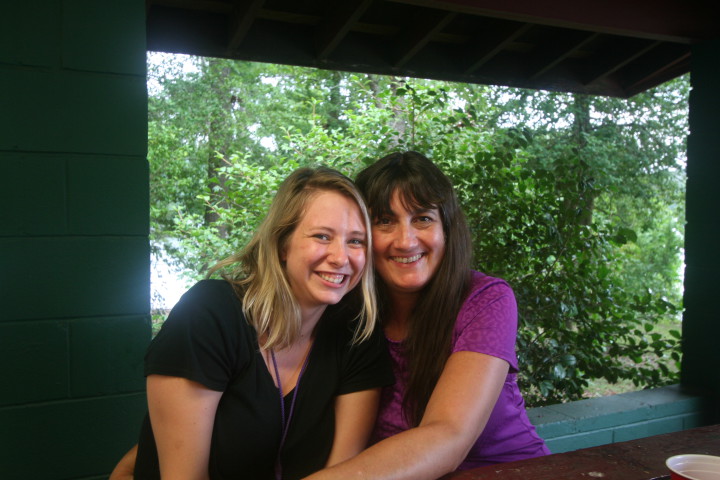
Kimberly Corbitt has served as a foster parent for nearly two years. The single mother is also raising five children of her own.
“Our house was always sort of the hangout spot,” she explains. “I’d see my kids’ friends going through issues; it was sad to see the effects of their home life.”
Wanting to help “break the chain” that perpetuates the dysfunctional family cycle, Corbitt provides therapeutic care and also hosts children in CARING for Children’s Proactive Enhanced Response Crisis Services program.
“It’s not for the fainthearted,” she concedes. Corbitt should know — she’s hosted over 30 children and has two placed with her now. “A lot of these kids just want out” of the foster care system, she explains.
Corbitt says she tries to include her foster kids into her family life as much as she can, bringing them along on vacations, mostly at her own expense. But while she loves children of all ages, she can’t care for babies or accept teenage boys into her home. “I have a teenage daughter,” she says with a grin, adding, “I don’t think that’d work out too well.”
And though being a foster parent is a demanding job (“Be prepared to spend four to five days a week running around”), Corbitt says, “Once you get in, it’s hard to stay out.” She knows she’s providing an invaluable service to the community that will pay off in the long run: “If you plant the seed, it’ll take one day.”
She also has high praise for the support the nonprofit offers. “CARING for Children is amazing: I can literally call for anything, any time, and they’ll be there.”
Paul and Alfreda Martin are no strangers to the foster care network. They’ve been involved with CARING for Children and other agencies for 34 years, Paul reports.
The couple, notes Alfreda, had experience caring for special needs children before that, so foster care seemed like the logical next step.
The Martins, who specialize in therapeutic care, have adopted four of their former foster children over the years. It took over a year to gain custody of their oldest daughter, who’s now 35.
“They had a hard time locating her father,” Alfreda explains. “Since then, we’ve had a less difficult time adopting each child.”
Despite their long run, the Martins show little sign of slowing down. They’re currently hosting two foster children, ages 5 and 9.
“As the years come up on you, you think about giving up,” says Alfreda. “But then you see these children in need, and you just can’t.”
In her 24 years of foster parenting, Teresa “Honey” McMinn has seen it all. She specializes in long-term therapeutic placements and figures she’s had 18 children in that time.
“A lot of these kids end up staying longer than anyone originally thought,” says McMinn, who opens her home to teenage girls. “No one else wants to take care of them,” she says, adding, “I want to give them a second chance.”
Originally attracted to foster care by the desire for a more flexible schedule and the need to take care of her aging parents, McMinn says she left her job as an EKG technician and opened her own day care service, combining work with her passion.
Teenage females are one of the more difficult groups to work with, but “When they come into my home, they’re my girls,” she says. “I introduce them as such; they need to feel like they belong.”
McMinn says the training she received was a key to her success with foster children. Patience and a strong will, she adds, are essential. “You have to learn the tricks of the trade.”
And though the work is strenuous, McMinn says she enjoys every minute of it, even if “at times, the reward comes later.”
The single parent has adopted three of her former charges over the years. “It’s trial-and-error,” she observes. “If one thing doesn’t work, you have to try something different.”
Widely respected for her tireless work in the field, Renaye Owen has been involved with local foster care programs for nearly 40 years, all while raising a family of her own. One parent calls her “The Foster Child Whisperer”; another says she’s the foster network’s “matron saint.” Without Owen, who’s on call 24 hours a day at CARING for Children, many foster parents say their own work wouldn’t be possible.
Owen knows each child in her network by name; she can simultaneously joke with a 16-year-old and a 60-year-old and make both of them smile. And meanwhile, she’s still serving as a foster parent herself.
Owen knows the time is coming when she’ll have to slow down and step back. For now, though, she can look over those assembled on this steamy afternoon and know she’s helped each one — young and old, boy and girl, parent and child — advance toward a happier, more stable life.



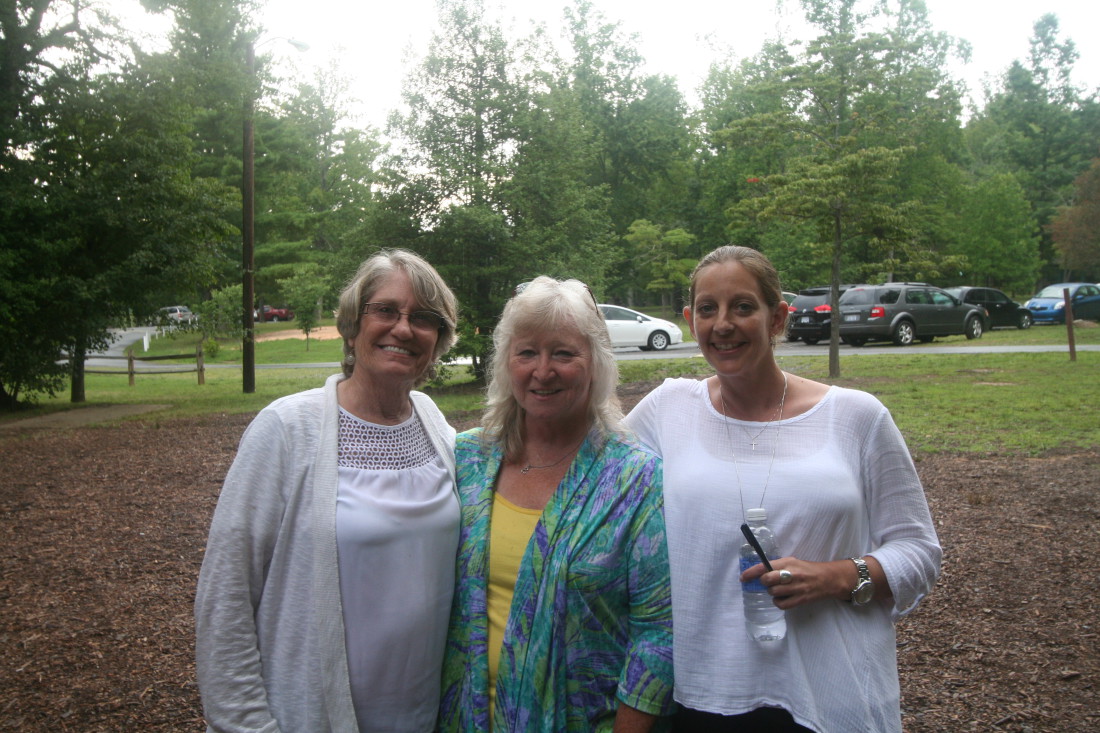


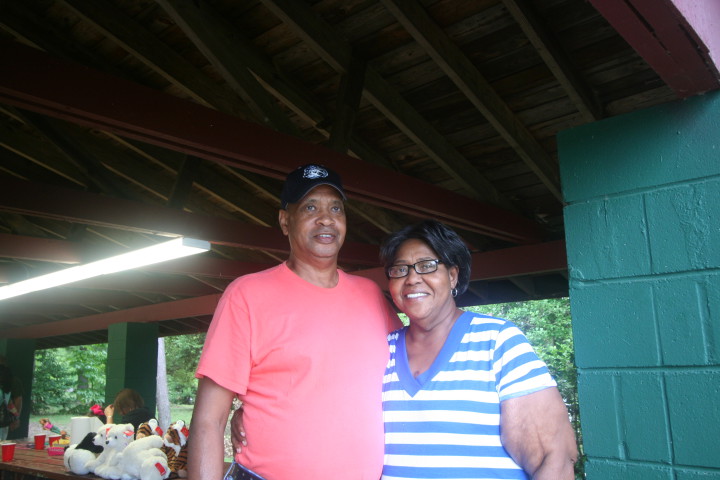
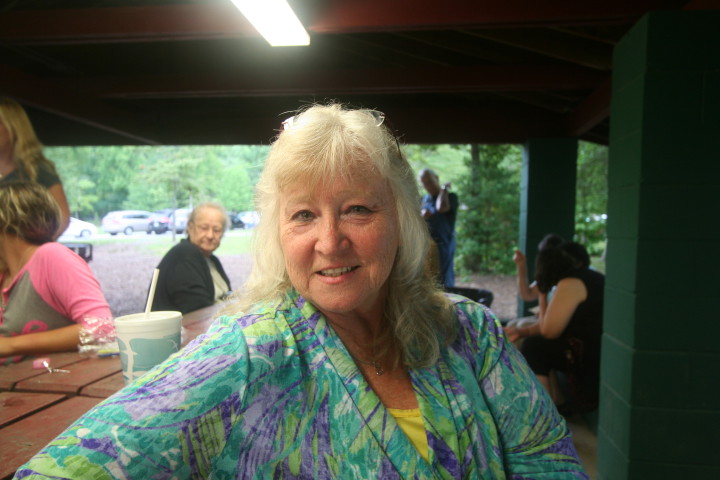
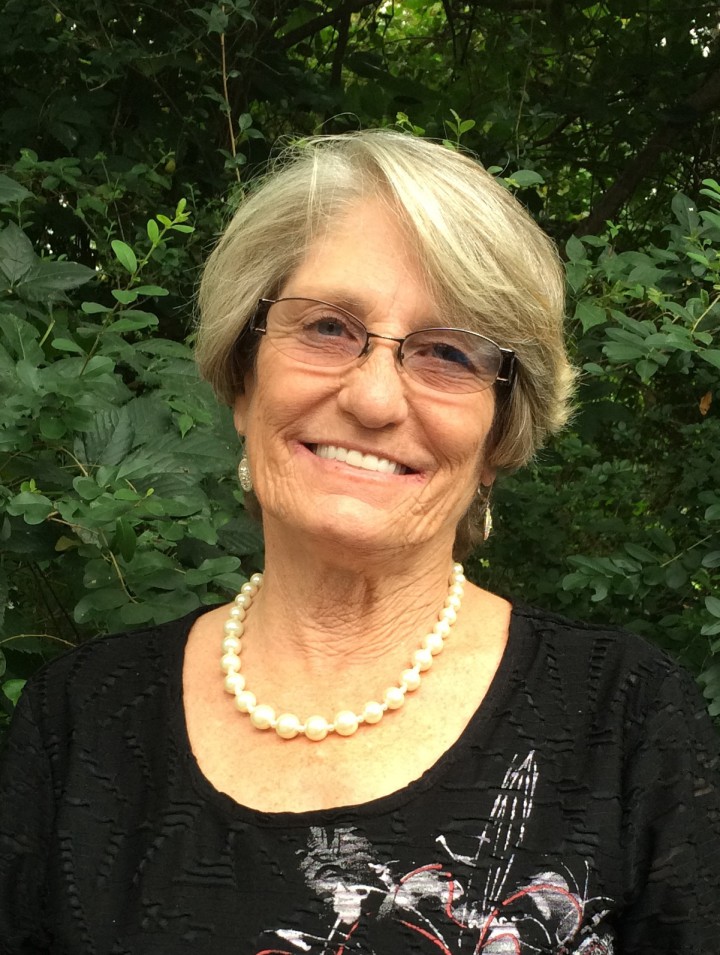

Renaye Owen is an awesome and tireless worker for children in need.